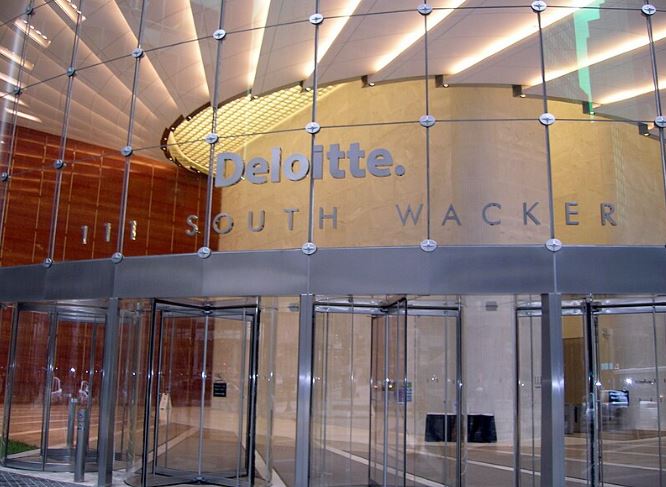Physical Address
60 Ekwema Cres, Layout 460281, Imo
Physical Address
60 Ekwema Cres, Layout 460281, Imo

Deloitte Denies Data Breach: Deloitte has denied recent allegations that it suffered a data breach after a ransomware group claimed to have breached its systems and threatened to publish the stolen data.
Following an internal investigation, Deloitte has responded to the allegations, saying that the claim related to a single system of one of their clients which reside outside of their internal network.
According to a spokesperson, “No Deloitte systems have been impacted,” as reported by Infosecurity Magazine.

Ransomware group Brain Cipher earlier claimed responsibility for a cyberattack on Deloitte UK. The hacker group also claimed stealing over 1 terabyte (1TB) of sensitive data. According to a report by Cyber Security News, the group also submitted evidence of security protocol violation.
It has also invited Deloitte representatives to engage in private discussions via corporate email, hinting at a possible ransom negotiation.
Recall that Brain Cipher gained notoriety in June this year for high-profile cyberattacks, including a disruptive breach of Indonesia’s National Data Center, affecting services for over 200 government agencies, including immigration and passport control.
While Deloitte has distanced itself from the attack, this does not mean that an organization at the center of a ransomware claim remains unaffected.
“”Even if a target organization’s systems remain unaffected, there can still be significant repercussions,” noted Javvad Malik, lead security awareness advocate at KnowBe4, in an interview with Infosecurity.
He emphasized that the very suggestion of a breach can impact a company’s reputation, influence stock prices, or initiate unnecessary and costly responses. In this context, an empty threat can resonate as powerfully as falsely screaming ‘fire’ in a crowded theater.
Malik pointed out that both criminal and state-sponsored threat actors often acquire data—possibly from customers or suppliers connected to a prominent brand—and then present it as though it were a breach of that well-known organization, rather than revealing the actual source of the data.
“It gives them a higher profile and makes them look more of a threat. This tactic may be particularly appealing to smaller cybercrime groups looking to establish a name for themselves in a competitive criminal landscape.”
Malik concurred, adding: “It can be to boost the reputation of the criminal gang, trying to gain notoriety, instill fear, and perhaps even lure victims into ill-advised actions, like paying for decryption keys they don’t need.”